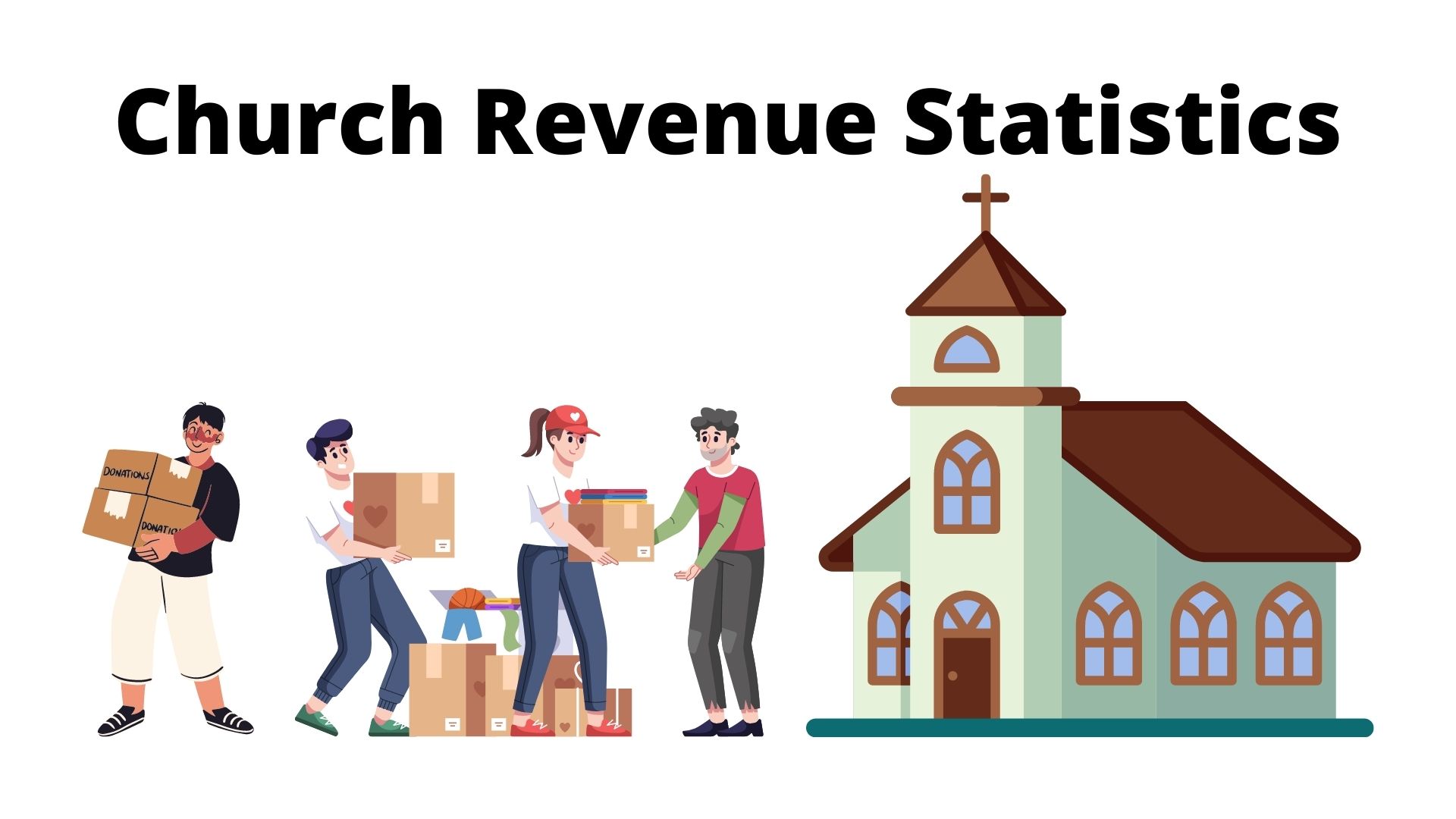Big Blue Eyes CRM Mid-Market
Big Blue tapped the Dallas-based software maker to deliver its C2 CRM
Web-based application that helps link businesses with their partners and
employees. C2 CRM will be deployed on IBM's eServer iSeries, pSeries and
xSeries hardware platforms and related operating systems, storage devices,
as well as IBM middleware like WebSphere, Lotus and DB2 database software.
The CRM application will be geared to the wholesale distribution, industrial
and services industries.
IBM said the alliance would allow it to deploy an easy-to-use CRM
application designed specifically for mid-sized business in particular
industries, instead of more complicated and expensive enterprise-level
enterprise CRM solutions.
The partnership gives IBM a market-tested CRM solution in a market that's
touted as a bright spot in the tech landscape.
IDC expects the worldwide CRM market to grow at a brisk 18.9 percent annual
clip, reaching $45.6 billion in 2006. Much of the extra spending will be
done by the mid-market. According to research by Gartner Group, as little as
2 percent of small businesses and 20 percent of medium-sized businesses use
CRM now.
“The small-and medium-sized business market is probably the most under-penetrated market right now,” said Chris Fletcher, an analyst with Aberdeen Group. “There's nobody with a definite stranglehold in this market.”
But a lucrative, underserved market is what attracted Microsoft's attention.
In late February, Microsoft announced that it would roll out a CRM product
specifically designed for the mid-market by the end of the year.
Microsoft CRM will be the first business application built on .Net
technology, the company's ambitious plan to rule the Web services roost.
Customers would be able to use Microsoft CRM through Outlook or another
browser-based client. The .Net foundation would allow customers to
interweave their systems for checking credit, tracking sales leads, and
streamlining marketing.
“What's driving the mid-market is VARs [value-added resellers], distributors and partners,” Fletcher said. “Microsoft does a very good job at that.”
While Microsoft chose to build its own CRM solution, IBM has chosen to bring
in a variety of CRM partners, striking deals with CRM vendors such as JD
Edwards, Relavis, Avaya, Kana, PeopleSoft, and Siebel. According to IBM
spokesman Mike Maloney, the CRM market is big enough for approaches.
“While that solution is probably fine for some companies, it's not going to
be the solution for everyone,” he said. “That's why we like to partner with
these ISVs to make sure customers have a choice.”
The release of Microsoft's CRM product, slated for the fourth quarter, will
be the culmination of two years of building a business-applications unit. In
December 2000, Microsoft shelled out $1.1 billion in stock to buy Great Plains Software, a Fargo,
N.D.-based enterprise-software company.
Microsoft's $1.45 billion cash-and-stock purchase of Navision, the
fifth-largest enterprise resource planning company in Europe, is meant to
compliment Great Plains' domestic strength. Both Great Plains and Navision,
which will operate in the Microsoft Business Solutions unit, target small-to
medium-sized enterprises.
